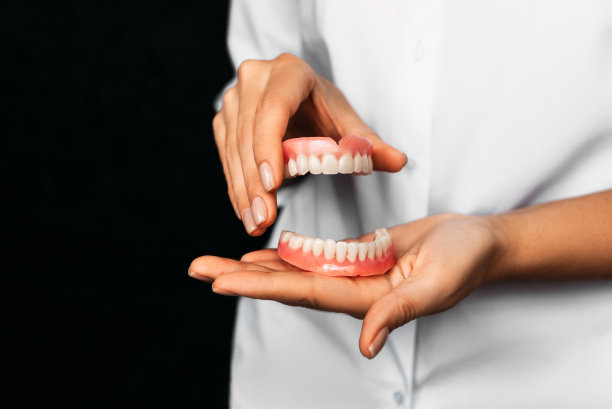Comprehensive Guide to Essential Precautions Before and After Receiving Dental Fillings for Optimal Oral Health
Summary: Dental fillings are a common solution for cavities and damaged teeth, but proper precautions before and after the procedure are crucial for optimal oral health. This comprehensive guide will outline essential steps to ensure a successful filling experience, including pre-treatment preparations, the procedure itself, post-fill care, and prevention tips for future dental issues. By understanding these precautions, patients can not only enhance their immediate recovery but also maintain long-term oral health.
1. Important Preparations Before Your Appointment

Before heading to your dental appointment for fillings, it’s important to prepare adequately. First and foremost, informing your dentist about your medical history is critical. Disclose any allergies, medications, or existing health conditions that could affect the procedure. This information helps your dentist to provide the safest and most effective treatment tailored to your individual needs.
Additionally, it’s advisable to avoid certain foods and beverages prior to your appointment. Steer clear of caffeinated items, as they can cause unnecessary anxiety and jitters during the procedure. Maintaining a light meal beforehand is beneficial, as you want to prevent feeling faint while undergoing the treatment.
Finally, arranging for someone to accompany you after the procedure can be very helpful. Depending on the type of anesthesia used, you may feel some lingering effects, making it difficult to drive or navigate safely. Having a friend or family member present allows you to focus on your recovery without concerns about transportation.
2. Understanding the Dental Filling Procedure
During the dental filling procedure, understanding what to expect can significantly ease anxiety. The session typically begins with local anesthesia to numb the affected area, ensuring that you do not feel pain during the process. Dentists will then remove decay and debris, preparing the tooth for the filling material.
The type of filling material used can vary—options can include composite resins, dental amalgams, or ceramics. Each material has different properties and benefits, so discussing these options with your dentist beforehand can provide clarity on what to expect in terms of aesthetics and durability.
Before concluding the appointment, the dentist will check your bite to ensure the filling fits comfortably. Proper adjustments might be necessary to avoid any discomfort or issues while chewing post-filling. It’s important to communicate any feelings of discomfort to your dentist right away.
3. Essential Post-Filling Care Instructions
After receiving your dental filling, following specific care instructions is crucial for optimal recovery. Initially, avoid eating or drinking for at least an hour, or until the local anesthesia wears off completely. This prevents inadvertently biting your tongue or cheek while numbed.
Once you resume normal eating, its wise to stick to softer foods for the first few days. Hard or sticky foods can place undue stress on the filling, potentially leading to complications. Also, be cautious with hot beverages, as you might not immediately feel temperature sensations due to residual numbness.
Maintaining a diligent oral hygiene routine is vital after receiving fillings. Continue brushing your teeth twice daily and flossing regularly, paying particular attention to the area around your new filling. Good oral hygiene helps ensure that the filling lasts longer and reduces the risk of further decay in adjacent teeth.
4. Preventive Measures for Future Oral Health
To safeguard your dental health beyond recent fillings, consider incorporating a few preventive measures into your routine. Regular dental check-ups, ideally every six months, enable your dentist to monitor your oral health and catch potential issues before they escalate.
Moreover, practicing good dietary habits supports dental health. Reducing sugar intake and avoiding snacks that cling to your teeth can help prevent future cavities. Opt for healthy snacks like fruits, vegetables, and nuts to promote better oral hygiene.
Finally, consider using dental products designed for cavity prevention, such as fluoride toothpaste or rinses. These products can help strengthen your enamel and provide an extra layer of protection against decay between visits. Staying informed and proactive is key to maintaining a healthy smile.
Summary:
In summary, preparing adequately for dental fillings, understanding the procedure, following post-care instructions, and adopting preventive measures are vital for optimal oral health. By being proactive, you can ensure a smooth experience and long-lasting results.
This article is compiled by Vickong Dental and the content is for reference only.



